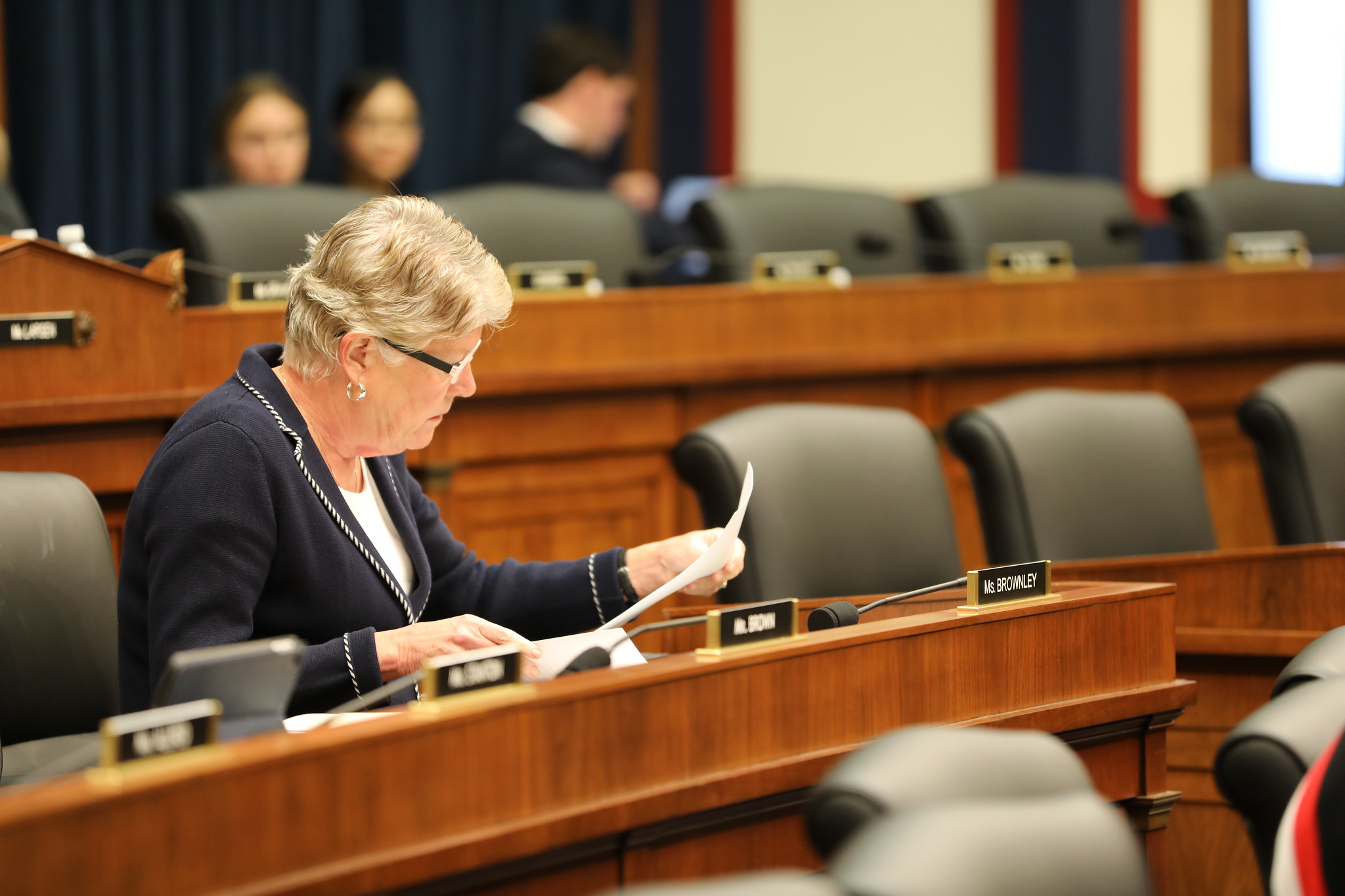
Washington, DC – Today, Congresswoman Julia Brownley (D-CA) introduced the Women Involuntary Separated Earnings Remittance (WISER) Act to rectify a wrong perpetuated against women servicemembers from 1951 to 1976. Specifically, this bill establishes a process for upgrades to military records and discharges for women who were wrongfully and involuntarily separated due to parenthood and/or pregnancy, provides a one-time payment to eligible veterans, and expands U.S. Department of Veterans Affairs (VA) health care eligibility to these veterans.
“Despite their great sacrifice and commitment to defending our nation, women veterans have faced a long history of systemic inequities both in the military and within the VA,” said Congresswoman Julia Brownley. “As the founder and former chair of the Women Veterans Task Force, my goal has been to identify disparities in access to care and benefits for women veterans, and where necessary, introduce, advocate for, and pass legislation that rectifies past injustices. The unfair practice of discharging women from the military because they became pregnant or became a mother was not only wrong but it perpetuated a harmful cycle of gender prejudice.
“My bill, the WISER Act, corrects this wrong, and it also provides recompense for this transgression and often overlooked attack on women servicemembers. This bill is a critical step forward in not only rectifying the impact of this discriminatory practice and restoring fairness for these women veterans, but it brings true equity closer to the two million women who have served our nation in uniform.”
Background on the WISER Act
In June 1948, the Women’s Armed Services Integration Act was enacted, which formally authorized the appointment and enlistment of women in the regular components of the U.S. Armed Forces. Three years later, Executive Order 10240 changed everything for women with family obligations.
Specifically, from 1951 to 1976, many women servicemembers were involuntarily separated from the military due to motherhood, living with a stepchild for more than 30 days per year, becoming pregnant, adopting a child, and/or gaining custody of a child. These women were not afforded separation benefits and lost their ability to earn an income and to continue serving our country in uniform. In 1976, the United States Court of Appeals for the Second Circuit ruled that Executive Order 10240 was unconstitutional and the corresponding policy was rescinded. However, there was no action to make the affected women whole.
To begin to right this wrong, I authored language (Section 530) acknowledging this discriminatory policy was wrong. The language was included in the 2023 National Defense Authorization Act. While this resolution was a step forward, now is the time for Congress to act on that sentiment.
The WISER Act would establish a process for discharge upgrades for those who were wrongfully and involuntarily separated and provide a one time payment to eligible veterans, as well as expand VA health care eligibility for these veterans.
This bill is endorsed by Minority Veterans of America (MVA), Vietnam Veterans of America (VVA), and American Veterans (AMVETS).
Read the full text of the bill here.
###
Issues: 118th Congress, Veterans' Affairs, Women Veterans Task Force